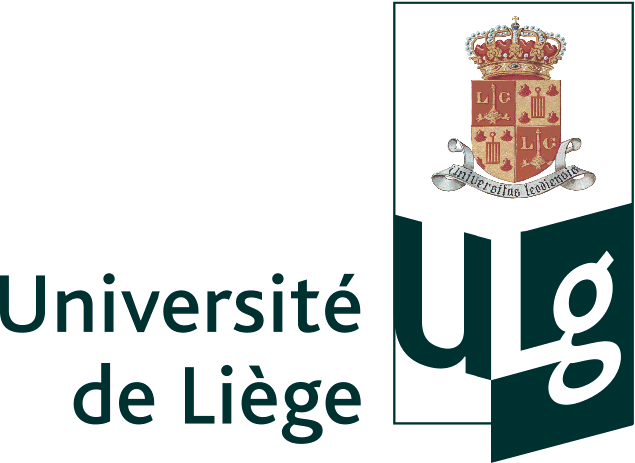Marinemammals.be A resource for marine mammal observations
Marinemammals.be is the repository of all Belgian marine mammal observations and strandings gathered by the Royal Belgian Institute of Royal Sciences. It contains data ranging from sightings and strandings and the results of scientific research. It includes data about dolphins, whales and seals from Belgian waters. We also maintain some data from neighbouring countries (Northern France, the Netherlands). Until some decades ago, only few data were collected from stranded animals. Nowadays, full necropsies are performed and tissue samples are collected for research purposes. Registered users can request tissue samples.
This website was set up as a joint venture between the Royal Belgian Institute of Natural Sciences (RBINS), Operational Directorate Natural Environment (OD Nature), and the of Department of Morphology and Pathology of the University of Liège.
Collecting data on strandings and sightings of marine mammals is important as such data can provide us with a lot of information about marine mammals, their population trends, problems they face, and eventually on the condition of the marine environment in general.
The site has two main parts:
- (Open access): Observations and strandings of marine mammals in Belgium; queries can be made of species, year, circumstances, etc. Pictures and video images are available in some cases.
- (Restricted access): The tissue bank page provides access to more than 25.000 (mostly) tissue samples taken from marine mammals. Queries can be performed for species, type of tissue, method of storage, etc, and tissues can be requested. In order to access this page, you need to be a registered user.
Marinemammals.be RBINS' responsibility on the conservation of marine mammals
The Institute is the competent authority in the national legislation that protects all Belgian marine mammal species. Via this website we want to raise awareness on marine mammal strandings.
What to do with stranded marine mammals?
Check out our brochureIf you observe a stranded seal or dolphin, or a group of them, you should do the following:
Found a helpless living seal (harbour seal, common seal) on the beach?
- Call SeaLife Blankenberge on 050/42 43 00
- Call local police or fire brigade
Found a dead or helpless dolphin or porpoise on the beach?
- Call RBINS/OD Nature in Ostend on 059/70 01 31 or mail on marinemammals@naturalsciences.be
- Call local police or fire brigade
- For transporting small sea mammals (seals, porpoises and small dolphins), the OD Nature has special equipment standby.
Found a large cetacean on the beach?
- Call the Maritime Rescue and Coordination Centre (MRCC) in Ostend on 059/255 440
- Call RBINS on 059/70 01 31 or mail on marinemammals@naturalsciences.be
- Call local police or fire brigade
- Contact the Maritiem Informatiekruispunt (MIK)
Observations of live marine mammals and strandings of turtles can be reported to OD Nature: marinemammals@naturalsciences.be.
A seal on the beach does not necessarily need assistance. Healthy animals look for a place to rest in the daytime. Common seals are born on sand banks or beaches. If you see a clearly healthy seal, the first thing is to make sure that you do not disturb the animal. Observe it from a distance. During the summer months, young and weak common seals may be washed ashore along the Belgian coast. Without human intervention, these animals would not survive. A small seal in distress looks thin and lifeless. It can be approached relatively easily. In a situation like this, follow these rules:
- Do not cause any unnecessary stress. Allow the animal to come ashore and make sure members of the public keep their distance;
- Do not touch the animal. It may bite and transmit germs to humans;
- Inform Sea Life Blankenberge.


